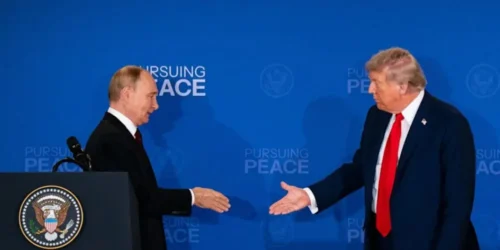Confidence among Japan’s large manufacturers showed a slight improvement for the first time in six months, according to the Bank of Japan’s latest “tankan” survey. This fragile optimism reflects their ability to pass on rising costs to consumers, which helped outweigh some of the uncertainty from U.S. trade policies.
However, this positive sentiment was not universally shared. The auto industry, a cornerstone of Japan’s economy, told a different story. Its confidence soured, falling significantly as U.S. tariffs on automobiles began to bite.
This survey was the first to fully capture the industry’s reaction to the new import taxes. The iron and steel sector, despite also facing tariffs, saw sentiment improve, buoyed by other favorable market conditions.
The non-manufacturing sector, including retail and hospitality, also grew more pessimistic. These businesses pointed to rising costs, persistent labor shortages, and consumers tightening their belts as major concerns. Demand from foreign tourists also showed signs of slowing.
Looking ahead, the outlook is gloomy for everyone. Both manufacturers and non-manufacturers anticipate that business conditions will worsen in the coming quarter. Lingering anxiety over U.S. tariffs and a potential economic slowdown continues to weigh heavily on their plans, signaling a challenging period ahead for the Japanese economy.













